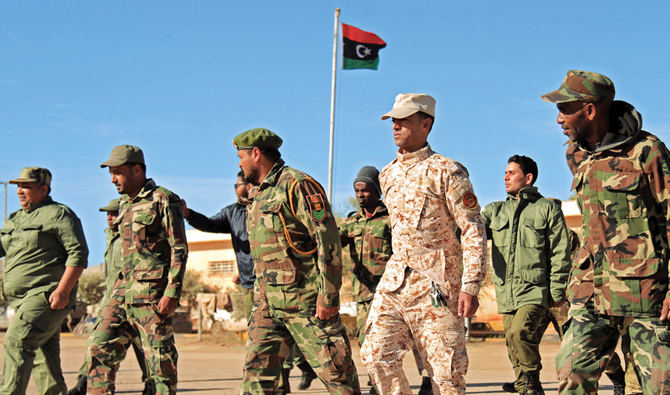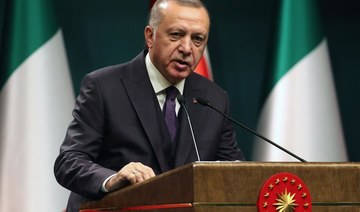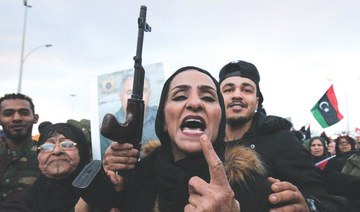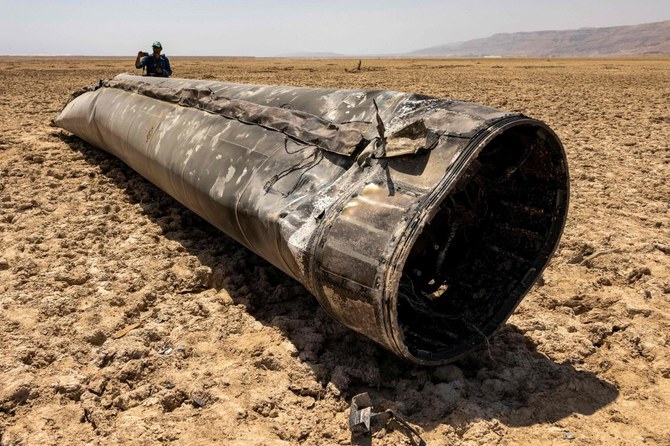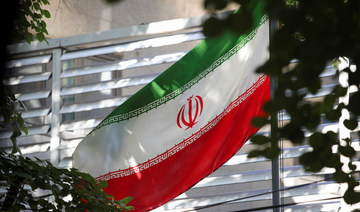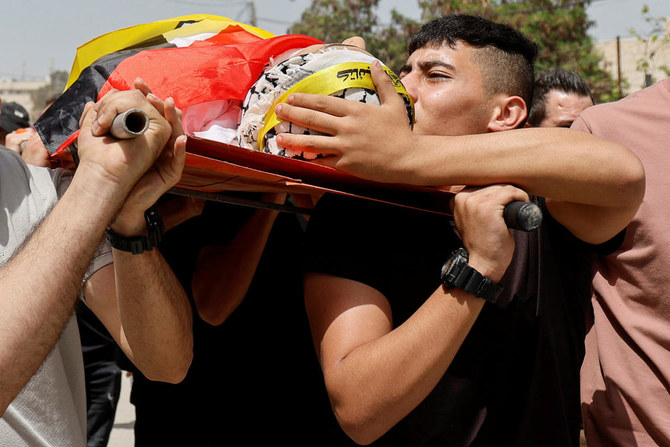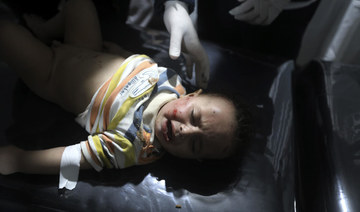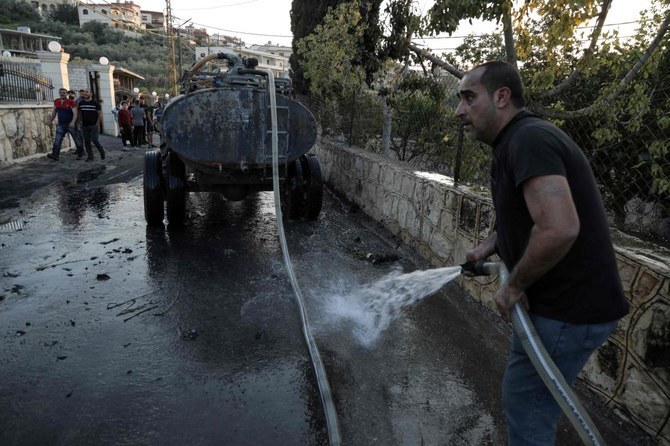ANKARA: Turkey’s main opposition leader on Tuesday urged Ankara to play a mediation role in Libya between the country’s two rival camps, rather than siding with the Government of National Accord (GNA) headed by Fayez Al-Sarraj.
“We’ve … urged the government not to follow the Syria policy in Libya. We told them not to support one side, but try to mediate between the fighting parties. Turkey has … followed this policy between Iran and Iraq, for instance,” said Kemal Kilicdaroglu, leader of the main opposition Republican People’s Party (CHP).
He also urged the government to mend ties with other countries in the region, especially Syria, Israel and Egypt.
“Rather than trying to assume the role of an honest broker, the government has preferred to take part in regional conflicts, which has caused great damage to Turkey,” Kilicdaroglu said, citing the Syrian conflict.
Turkey backs Al-Sarraj’s Tripoli-based government against forces loyal to Gen. Khalifa Haftar, who is based in eastern Libya.
Ankara recently sent military advisers to Libya to reinforce its support to the GNA, in return for a controversial maritime agreement in Mediterranean waters.
Turkish President Recep Tayyip Erdogan has threatened a large-scale military intervention after he obtained parliamentary approval.
Ariz Kader, an independent researcher on regional conflicts, said Kilicdaroglu is urging the government to become a mediator because this is what the Turkish public wants to hear.
“Erdogan is trying to save his last Muslim Brotherhood ally in North Africa. It’s something he can’t say outright without giving up the game,” Kader told Arab News.
Unal Cevikoz, the CHP’s deputy chairman responsible for foreign relations, said the deterioration in Ankara’s ties with regional countries such as Israel and Egypt undermines Turkey’s role as an honest broker, especially in the Middle East and the eastern Mediterranean. Deploying troops abroad is also triggering accusations of neo-Ottomanism, he added.
Turkey does not currently have ambassadors in Syria, Israel or Egypt due to tensions with those countries. Ankara began explicit contacts with Damascus at the level of spy chiefs only two days ago.
“To assume a mediation role, Turkey should begin by prioritizing the role of the UN in the Libyan crisis rather than insisting on hard-power capabilities, which only serves to escalate the conflict even further,” Cevikoz told Arab News.
To regain its reliability in the eyes of the international community, Turkey has to drop its policy of taking sides in regional conflicts, said Cevikoz, a former ambassador to the UK.
Meanwhile, Erdogan warned on Tuesday that Turkey will not refrain from “teaching a lesson” to Haftar if his forces continue to attack the people and government in Tripoli.
“It’s our duty to protect our kin in Libya,” Erdogan said, referring to Libyans of Turkish origin.
Germany will be hosting a summit on Libya with the UN on Sunday to gather the rival camps.



